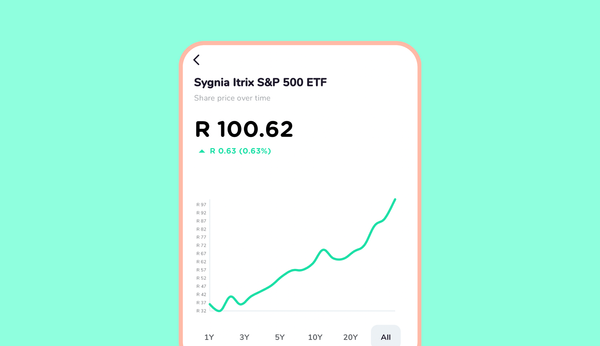I recently joined the Rhodes Incubator on a trip to Silicon Valley. The Rhodes Incubator is linked with my alma mater Oxford University and consists of startups that are trying to tackle some of the many pressing social challenges facing our world today, from access to short-term capital for small-scale farmers in Africa, to providing accessibility details of venues worldwide (think Google Maps for people with disabilities and other access needs), and, of course, making smart investing accessible for everyone.
A common retort I often hear for socially-orientated businesses is, "There are easier ways to make money." That may be, but it seems to me that this has led to a concentration of startups in specific areas, which has exposed opportunities where corporates and startups fear to tread. I was keen to learn whether Silicon Valley VC firms thought likewise or not.
Silicon Valley has become the epicentre of global innovation. Since the 1970s, the bay area south of San Francisco has continued to attract both top talent and capital. The list of companies with origins in The Valley reads like who's who at the Startup Oscars – Apple, Google, Facebook, WhatsApp, Instagram, YouTube, Uber, Airbnb, Twitter – the list goes on.
Our first noteworthy stop on the trip was YCombinator, arguably the most prestigious incubator in the world. Launched in 2005 by Paul Graham, it has grown from 40 companies per year to two batches per year with 200 companies each. Their model is simple: if accepted to participate in their 3-month incubator companies are offered $120,000 for a 7% equity stake in the business.
I had a two major takeaways from our session with Dalton Caldwell, a partner at YC:
- YC acts as a great first filter for many angel and venture capital firms (termed 'coattailing' in investment circles), so come demo day, most YC batch companies find raising seed or series A funding rounds much easier.
- YC looks for high-growth companies, which has resulted in a bias towards business-to-business (B2B) software as a service (SaaS) companies, now the majority in YC batches. This is most likely because business pain points are often globally transferable, which means that once suitably resolved, they can often be quickly scaled with minimal barriers to entry.
Our second noteworthy stop was Sequoia Capital on the infamous Sand Hill Road. Founded in 1972 by Don Valentine, Sequoia is perhaps the most famous capital partner in the Valley, having invested early in some of the largest tech companies of our age, including Apple, Google, Oracle, Instagram, YouTube, LinkedIn, Cisco, WhatsApp, Stripe and PayPal. Their portfolio companies are now worth a whopping $1.4 trillion.
The major takeaway from meeting Sequoia partner Andrew Read is that it's far better to lead than to follow when it comes to venture capital investment. So despite the persistence of coattailing in venture capital, Sequoia have successfully demonstrated that making bold investment decisions can lead to extraordinary growth.
Both Sequoia and and YCombinator expressed their ambition to find the next "big thing" and that they prefer companies to fail quick instead of "limp along." This struck me as odd because, from an investment perspective you naturally want to be able to buy the next big thing, but you shouldn't turn up your nose at great earnings per share and return on capital. However, that's not the case with venture capital firms. Why is this?
Most venture capital firms operate on the hedge fund revenue model of "2 and 20." This means that they earn 2% a year on money raised and invested (most VCs are investing other people's money) and 20% of the capital gain when a startup is sold. To put that in perspective, let's assume a VC firm raises $100 million, which means the VC is earning $2 million a year – probably barely enough to cover the salary bill of the firm. The only way the the VC firm is going to make real money is by selling an investment at a 100x return on capital, a scenario that only happens in 1% of venture-backed startups. Everything else is largely seen as a failure by venture capitalists.
"The fact that 40% of startups become sustainable businesses is often seen as a failure!"
I'm sure most people by now have heard of term "unicorn" to describe companies that reach a billion dollar valuation, However, I think the metaphor should be extended to "looking for unicorns" to better describe venture capital. But thinking as an entrepreneur encouraging people to invest for the future, I hardly think that looking for unicorns is a smart way to invest.










